If I asked you, “what have you inherited from your family?” A few different ideas might come to mind: maybe your curly hair, your complexion, your knack for reading people, that stubborn streak, or your sense of humor, and on and on. We also know there’s other stuff you can’t see: maybe diabetes runs in your family, or high blood pressure, or other medical issues. However, there’s something else that can be inherited too: trauma.
If I asked, “do you think you might have your great-great grandfather’s trauma,” that would probably sound crazy! You may not know a single thing about him, and odds are your lives are separated by decades. What if I said your great-grandfather instead? Or your grandfather? That probably feels more plausible… but the idea may still feel skeptical to you. So let’s discuss: what is generational trauma and could that be in your family?
Let’s start with an idea: every family has its secrets. Past events, people, and other influences that are just a little, or a lot, uncomfortable. You might have felt some tension when a relative comes to visit; maybe they said a seemingly harmless comment that set somebody off. Or maybe a random and seemingly harmless commercial or interaction with strangers provoked something intense from a family member. Maybe your parent/sibling/spouse seems to lash out sometimes and it doesn’t make sense to you. These situations are not necessarily bad or cause for concern, and we all get triggered by something and sometimes don’t respond as well as we could. However, the more frequent and the more intense these kinds of dynamics are, the greater the likelihood there could be a problem.
Let’s use an example to help explain. Have you ever been told, “eat what’s on your plate and then you can have seconds?” Sounds normal, seems logical. Well in some families it’s a little more extreme: nothing is wasted. Clothes are reused past being repairable, clutter develops into hoarding and boxes everywhere, the parent can seem over-protective and fearful all the time, and more. Now imagine kids are raised in this home. Maybe they were bullied in school for having such poor-quality hand-me-downs. Maybe they aren’t as easy-going or adventurous as some of their friends because they were raised in so much fear. Maybe as adults they even have a little trouble: perhaps they can’t help chiding themselves for “wasting money” whenever they treat themselves or friends. There are a million variations of this story, but the idea is the same: all these little interactions are woven around us as we grow, and instead of helping they hinder us. So what does this have to do with trauma? Trauma is one the greatest contributors to these toxic dynamics developing, and sometimes it can be practically invisible.
In that example, what I didn’t mention is one of the parents was a Holocaust survivor. As a child their family lost all their possessions and most of them did not survive. With that context, it makes sense that someone might never truly develop a sense of security or comfort. This is an example of generational trauma, but let’s break this down a little more.
First, we’ll discuss trauma. Imagine you have a fear of spiders, and you get trapped in an old, abandoned house. Cobwebs are everywhere! Obviously, you don’t like looking at them but the feeling as you push them aside is much much worse. Even when you finally leave the house, you can’t help that icky feeling that there is still some stuck to you. Trauma can be like that: you feel it’s still there even if it’s not.
What can happen is that the initial traumatic event is like going through that haunted house and the cobwebs, but the trauma itself can be far more excruciating. Now whenever you walk into a new house you get those goosebumps. Maybe you see a dusty shelf and that icky feeling starts creeping up your spine. What if you have kids though? Maybe they also fear spiders, maybe they don’t. They know that icky feeling though, and they might notice what triggers you to have that feeling. Then they try to avoid that thing or start disliking it because it causes that feeling for you. Soon it becomes a cycle, and each successive generation of kids have their own experience of cobwebs and the icky feeling that they learn from their elders which they impress onto their future children.
Trauma is a powerful force, and events like the Holocaust or the history of slavery have created such unimaginable harm that they’ve created cycles like this. This doesn’t mean a specific family member is at fault. Often no one ever did anything wrong to cause the past trauma. Likewise, generations of family members may not even be aware of it and may not wish to inflict harm on their family. However, it can also be extremely intense: to ask questions about the icky feeling is to remind someone else of that past danger. They might not even know what that past danger was anymore, but the fear or association of that trauma was embedded in them too. These cycles can be hard to break and even harder on the person questioning the cycle, but there is help… Once awareness of the history of the trauma develops, it becomes possible to recognize what’s happened. The cobwebs and icky feelings become visible. Once they’re visible, they can be processed, and that icky feeling can finally be tamed. Maybe you still feel it some, but now you know where it’s coming from and you can be empowered to face it.

